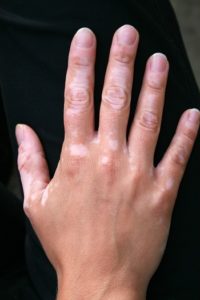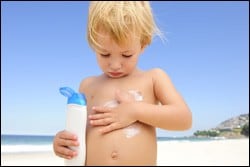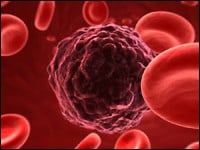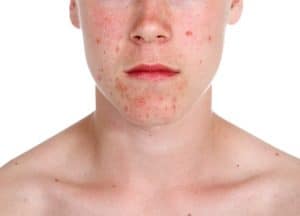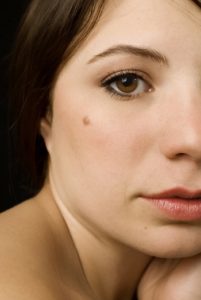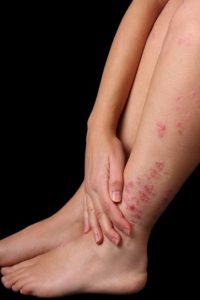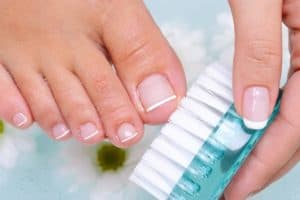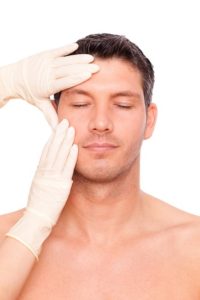Why Do I Have Excessive Sweating?
Do you commonly find that your armpits or feet are drenched with sweat, despite being in mild weather and not being active? If so, you may be one of the 1-3% of the population that has hyperhidrosis, a disorder that entails having hyperactive sweat glands. Read on to learn the signs of this condition and to find out how your local dermatologist can help you cope with the often-uncomfortable symptoms that define it!
The Two Types of Hyperhidrosis
Before going further into the discussion of hyperhidrosis symptoms, it is important to establish that there are two types of the condition:
-
Primary Hyperhidrosis: People afflicted this disorder type possess a certain type of gland, termed, “eccrine sweat glands”. These sweat glands will cover the entire body. Although they will be especially prevalent on the feet, armpits, face, and palms.
-
Secondary Hyperhidrosis: While also causing excessive perspiration on the body. This kind of hyperhidrosis is in fact a side effect of another medical condition or medication (hence the “secondary” designation). Conditions that generally cause it include, fever, anxiety disorder, menopause, and obesity among others.
Possible Treatment Options For Hyperhidrosis
We know how uncomfortable excessive sweating can be, and luckily. There are a number of different treatment options available to those who struggle with it. Of course, given that each case differs largely from the next, you will need to meet with your local dermatologist to find out which treatment course is best for you!
Some possible treatment options include:
- Aluminum chloride-containing prescription antiperspirant
- Glycopyrrolate containing prescription creams.
- Nerve-blocking medications
- Botulinum injections
- Antidepressants or anxiety-relieving medication (in the case of secondary hyperhidrosis)
- A number of surgical options (reserved for very serious cases)




